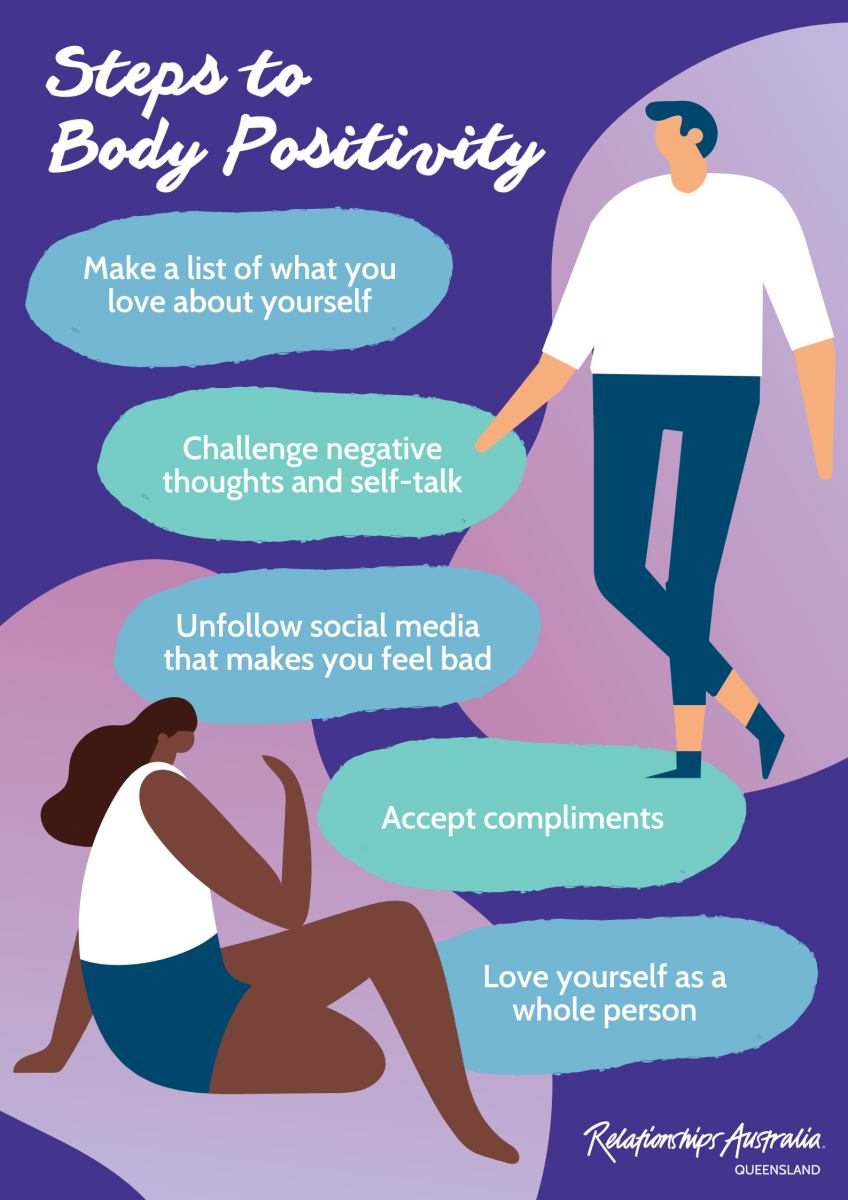Do you ever worry you’re not as good as you seem? Like you have no clue what you’re doing and it’s only a matter of time until others find out?
If you feel you’re ‘tricking’ people into thinking you’re better than you actually are, you may have imposter syndrome. Imposter syndrome is a phenomenon where you struggle to accept your own successes, and instead attribute them to other factors like luck.
While a little bit of doubt now and then is normal, imposter syndrome can be harmful if you don’t take the time to challenge your beliefs. Some ways imposter syndrome can affect how you act include:
- Downplaying your achievements and taking full responsibility for your failures
- Refusing to accept compliments
- Constantly comparing yourself to others
- Overworking to make sure ‘everything is getting done’
- Perfectionism
- Being reluctant to speak openly in case you seem ‘stupid’.
While there’s no one explanation for how imposter syndrome can develop, being a high achiever or a perfectionist may make it harder for you to accept when you’ve done a good job, and lead to those feelings of being a fraud. Anxiety and depression can also make it difficult for you to acknowledge your achievements and contribute to imposter syndrome.
Imposter syndrome can make you feel stressed, upset and isolated. Here are some tips to manage it if it starts feeling overwhelming.
Realise you’re not alone
Did you know that most executive managers are scared of being found incompetent?
It’s easy to feel like you’re the only person pulling the wool over other peoples’ eyes. But the truth is that almost everyone doubts themselves sometimes.
People with imposter syndrome often fall into the trap of comparing their failures to others’ successes. But situations like starting a new job or taking on a challenging project are stressful no matter how ‘successful’ you are. In those circumstances, a bit of doubt about if you’re making the right choices is normal.
So the next time you’re worried your boss thinks you’re incompetent, remember they’ve probably had days where they feel like they’re fooling people too!
Try a new angle
Many people with imposter syndrome have a performance mindset, which means they think of their work as a reflection of how competent they are.
This can make it hard to handle criticism, as making a mistake can feel like a sign of your underlying failures or incompetence.
But making mistakes and receiving constructive criticism is a normal part of working in a team, which is why switching to a learning mindset can be a good way to combat those feelings of inadequacy.
Instead of focusing on making your work perfect, try and focus on ways you can learn and improve in response to feedback. This way, making mistakes doesn’t seem like an indicator of incompetence, but just a normal part of improving your skills at something new.
Be patient and persistent
One of the things that can make imposter syndrome worse is constantly comparing yourself to others and feeling like they’re better than you. But nobody ever became an expert at anything overnight!
It’s important to remember that a lot of the things you might feel like you’re failing at are skills, and skills get better with practice.
To combat those feelings of failure, try writing down an honest assessment of what you’re good at and where your work could be improved. Brainstorm ways to improve a few particular skills on that list, like taking a class or doing practice exercises.
Be patient as you work on these skills, and remember with regular practice, you’ll naturally improve over time.
Give a lesson to the class
Sometimes a great way to recognise your own expertise is to teach someone else.
Do you know something you could pass on to someone else in your life? Maybe a colleague or a friend could benefit from learning something you already know.
Helping others can be a good way of reminding yourself how much you’ve learned already. If someone in your life wants to learn something you’re skilled at, offer to set aside some time to teach them.
They’ll be grateful for your help, and along the way you might realise you knew more than you thought!
Take time to celebrate your wins
Stopping to acknowledge what you’ve accomplished can help you feel more like you deserve your success.
Try taking a little time every day to write down something you’re proud of. Spending even just five minutes patting yourself on the back for finishing that to-do list or completing a big project can be a great step towards breaking free of imposter syndrome.
It also means you have a list of your achievements on hand that you can look back on whenever you’re having a particularly bad day.
Talk to someone
If you’re still spending most of your day feeling like a fraud, it might be helpful to talk to someone about how you’re feeling.
Maybe you could talk to a trusted mentor who could give you an honest assessment of your work, or a friend who can give you space to talk about your fears.
If these feelings persist, seeking professional support can help you start to untangle those feelings of inadequacy and perfectionism.
RAQ has counsellors who can help you work through the negative feelings that come with imposter syndrome. Call 1300 364 277 to book an appointment in person, over the phone or via Zoom video chat.
For more tips on how to manage negative feelings when you start doubting yourself, check out our article on how to silence your inner critic.








